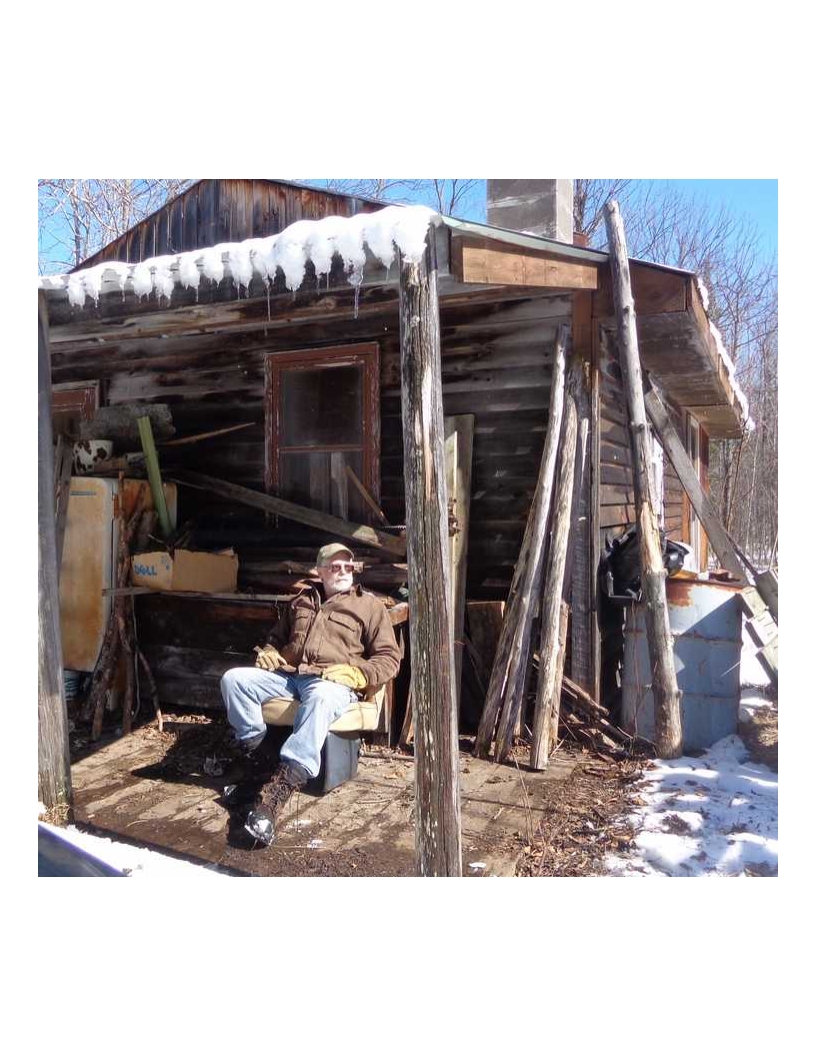Sermon Helper for people who look at the Bible as stories with meaning in a modern world
If these quotes don't resonate with you, this blog post explains my approach.
First Published May, 2016 Most Recent Update: July, 2017

"Somebody ought to tell the truth about the Bible. The preachers dare not, because they would be driven from their pulpits. Professors in colleges dare not, because they would lose their salaries. Politicians dare not. They would be defeated. Editors dare not. They would lose subscribers. Merchants dare not, because they might lose customers. Men of fashion dare not, fearing that they would lose caste. Even clerks dare not, because they might be discharged. And so I thought I would do it myself."
-- Robert Ingersoll 1894
"But you can't approach the numinous with reason anymore than you can solve an algebraic problem with metaphor. When I turn away from the words and move beyond the cleverness the actual experiences of my life tell me something slightly different. When I saw God as I had been instructed to see God, as an all seeing supernatural entity with a great personal interest in my life and behavior, laying down laws and demanding worship and promising me an afterlife in return, I had no interest and I still don't, because I don't believe it. But when I began to see that perhaps this was a common human interpretation of an experience of something greater than the individual ego, when I began to understand that all religions and all spiritual traditions have their mystics who had interpreted this great spirit, this Tao, this experience of the divine very differently, then I began to see that maybe it was something I could understand after all."
-- Paul Kingsnorth
I have had trouble finding satisfying views of the Christian scriptures. In church or any of the post-theistic communities, it's all the same. So I created this place, to gather perspectives that are not bound by any particular world view. I sometimes draw on theologians who are pushing the envelope of religion and other times on those who are outside of it. Sometimes, the tradition provides a perfectly good perspective.
I find inspiration in our most recent discoveries of who we are and where we are in the universe and from those who first looked up at the stars and speculated on those big questions. It is not always pretty. Biblical stories are often political or personal, designed to start us thinking about what we should do to move toward an unknown future. Facing the reality of that can be troubling, but it can also be an opportunity for growth.
My original goal was to have something for each week available by September 2017. I've slowed that down a bit to focus on quality. Thank you for stopping by and please check back for progress.
You know, it's one of life's big mysteries to me, that we don't talk to each other about the most common things like the fact that we wake up in the morning feeling confused and scared and full of self-doubt. The miracle is, when someone finally names it, that's so liberating.
-- Krista Tippet
When I was in church, I didn't like the way they ignored recent science or worse, distorted it. When I left the church, I didn't like the way non-theistic people ignored the value of community and of a good story. On balance, I found less purposeful ignorance coming from the non-theistic community, but I never found an identity with either of those communities. Ideas about belief are not the central aspect of identity. Not for me, and I suspect they don't work for anyone. I identify with people who care about people. I identify with people who care about aligning their thoughts with reality. I identify with people who do those things so that they and others will live the best lives they can. Part of aligning with reality includes understanding that, as Paul Wellstone said, "We all do better when we all do better."
Tyndale, one of the early translators of the Bible into English, said, "I defie the Pope and all his lawes. If God spare my life, ere many yeares I wyl cause a boy that driveth the plough to know more of the Scripture, than he doust." He was rewarded by being tied to a stake and burned.
The deep identity runs across a spectrum from the communal to the individual, that is, to be part of a larger whole and to be self assertively contained. Being polarized to one end or the other has its attendant vulnerabilities. The deep identity is a story. For the personal identity the story says who, what, when, and where 'I' am going; for the communal the story tells us who, what, when and where 'we' are going. Pick any religion or social movement and you will find a fine example of a communal identity story.
-- Daniel Deardorff Click for more
